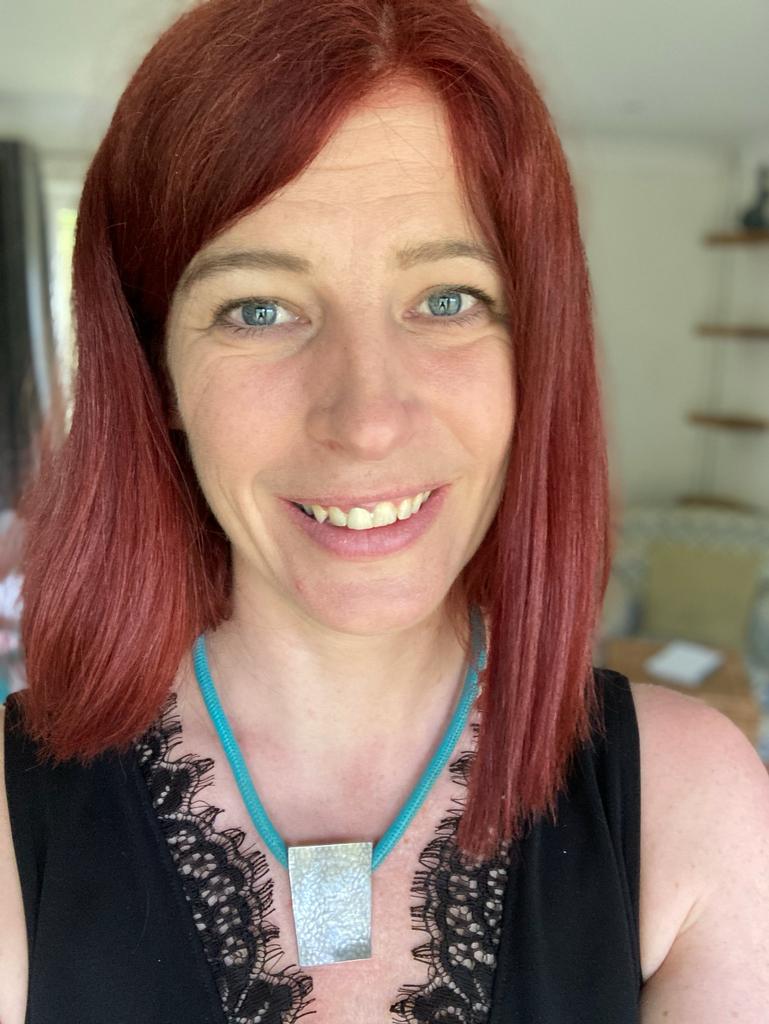
Welcome to my website.
Please have a look around to find out more about me, see what I offer and decide if I might be the right counsellor for you.
Whilst training I realised that if I was looking for a counsellor then I would want someone…..
– you can feel safe to talk to.
– who will listen without judgment.
– who can hold anything you feel able to give them, where you are never too much
– who will be alongside you as we delve deeper into what is happening for you.
– who will help you make sense of what is going on and help you explore what you may want to do about it.
– who feels human.
……and so this is the kind of counsellor that I make sure I am.
Who Can I Help?
I have counselled people from all walks of life with a variety of reasons for counselling. This includes, but isn’t limited to, depression, anxiety, self harm, abuse, suicidal thoughts, anger and identity issues. As well working with adults I am a young person’s counsellor with a lot of experience working with young people aged 14 above – who I also counselled for 7 years via a local charity. I have a professional interest in empowering and supporting women, both in a general sense and through life transitions.
In general I believe that my role is to empower clients to accept, manage or change their situations through helping them to understand their lives and who they are within them. People usually come to counselling when they are in crisis but I think counselling can also be used when things are calmer – both to prevent further crisis and to work on issues which aren’t possible when our days consist of just trying to survive.
How Do I Work?
I offer 50 minute sessions for individuals which can be face to face in my offices in Lingfield or East Grinstead as well as online.
I love nature and the outdoors and am trained to offer outdoor therapy. This can be “walk and talk” style or using nature more proactively as part of the work we do. I have found that working outside can offer a different experience for clients – particularly those who find the idea of working indoors too intense – and many clients have found it an extremely helpful way of working.
Aside from the more traditional counselling set up I also offer creative counselling to those who are interested in it. Some people can find talking about things painful, or not even be able to find the words to do so, and creative counselling can be another way of exploring whatever has brought them to counselling.
Aside from direct counselling I have also run various groups and workshops.
How Do Sessions Work?
I offer a free telephone or zoom consultation, so you can find out a bit more about me and how I work, with no pressure to commit to going any further. This is usually 15-20 mins.
If you would like to move forward then I offer a reduced fee introductory session – this time we would delve a bit deeper into what has brought you to look for counselling at this time, how we might work together and a sense of what that might be like. I will not ask you to make a decision during the session, I think it is often better to take some time to reflect on the session before making any choices. This is a 50 minute session.
If we decide to work together then typically we will meet once a week (although I can make provision for less regularly) at the same time to work on whatever it is you have chosen to bring. These sessions are 50 minutes.
Qualifications and Training…
BSc Psychology and Criminal Justice Studies (2002)
PGDip Humanistic Therapeutic Counselling (2011)
BACP accreditation (2016)
Working with Trans Clients (2019)
Outdoor Therapy Training (2019)
I have also done additional training in creative counselling, attachment theory, domestic and sexual abuse, child protection and trauma therapy.
